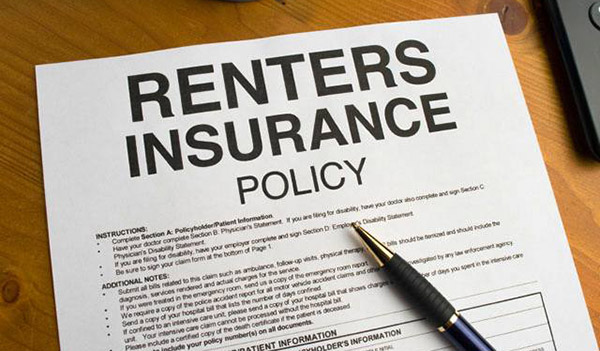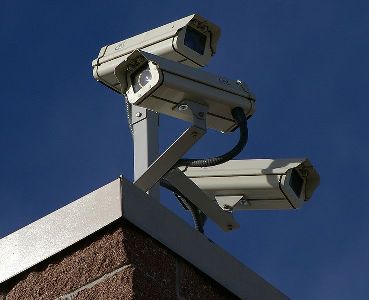3 Reasons Every Property Manager Should Do Annual Inventory
 Jeanne M. Salvatore, senior vice president and consumer spokesperson for Insurance Institute Information, recommends that all homeowners take time to make a complete list of personal property to control their assets. Salvatore’s recommendations also apply to property managers. Working from a proactive vantage point, residential property managers who commit to an annual review of physical inventory stand to gain greater control over their return on assets.
Jeanne M. Salvatore, senior vice president and consumer spokesperson for Insurance Institute Information, recommends that all homeowners take time to make a complete list of personal property to control their assets. Salvatore’s recommendations also apply to property managers. Working from a proactive vantage point, residential property managers who commit to an annual review of physical inventory stand to gain greater control over their return on assets.
Here are three ways that inventory management helps property managers save money.
Insurance and Replacement Costs
A detailed description of assets – furnishings, fixtures, supplies – helps you decide what type of insurance and coverage limits are appropriate for your property. Insurance is only beneficial if your policy accurately reflects physical inventory and assets. Failing to secure adequate coverage, or paying for unnecessary protection, wastes money.
An annual review of each unit provides an opportunity to catch potential problems early enough to make repairs. It is less expensive to repair a small crack in a window than it is to replace the full pane. Likewise, discovering an HVAC unit that is cycling on and off may only need a complete cleaning, but delayed action could lead to further damage and replacement costs.
A bare-minimum checklist includes the following items:
- Window treatments
- Bathroom fixtures
- Appliances
- HVAC and portable heaters
- Furniture
If your property rents fully furnished apartments, include linens, dishes, and other convenience items in the unit at the time the lease was signed.
Budgetary Control
A property wide annual inventory review lets you gain tighter control over the budget and prepare for the coming year. Attaching identification tags to office equipment, maintenance tools, digital devices and other assets allows you to track and monitor your property more efficiently.
A strong asset management program identifies wasteful spending habits, establishes a record of losses for tax purposes and creates valuable information for developing accurate budgetary predictions.
Maintaining Your Property Image
Another key advantage is that regular inventory, especially in common areas, is important for maintaining your image. Over time, little things disappear or get damaged. Replacing small decorative items, like outdoor flower pots, trash receptacles and table ornaments in the club house goes a long way toward making the community feel more like home.
Keeping accurate records of loss or damage for decorative items provides insight for property managers in another way. If you discover some items need frequent repair or replacement, you can find a new location with less traffic, buy more durable items or opt to use alternative decorative strategies.
Investing your time to develop a strong asset management program saves time, money and hassles for property managers. An annual inventory strengthens the program, and is important for every multifamily property.
 |
Appfolio | Company Website | LinkedIn Connect |AppFolio, Inc. develops Property Management Software that helps businesses improve their workflow so they save time and make more money. Appfolio submits articles & blogs including topics of Resident Retention, Improved Owner Communication, Time Management, and more. |


 It’s inevitable that landlords and property managers will experience resident negligence that leads to unintended damage to the unit. Although residents may think they are engaged in innocent actions, landlords and property managers may wonder “what the heck was that resident thinking?” after coming across the by-products of these actions.
It’s inevitable that landlords and property managers will experience resident negligence that leads to unintended damage to the unit. Although residents may think they are engaged in innocent actions, landlords and property managers may wonder “what the heck was that resident thinking?” after coming across the by-products of these actions. As real estate crowdfunding builds a head of steam behind the
As real estate crowdfunding builds a head of steam behind the 










